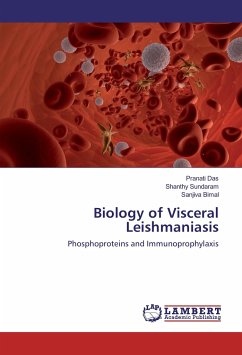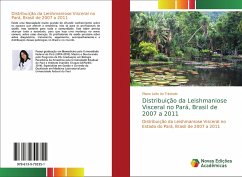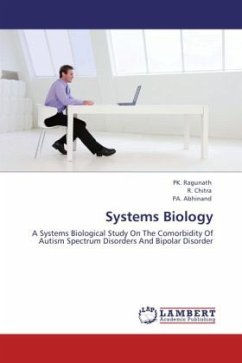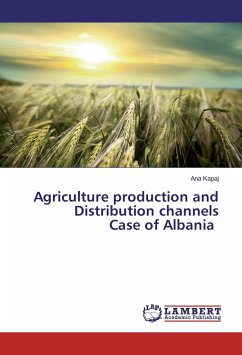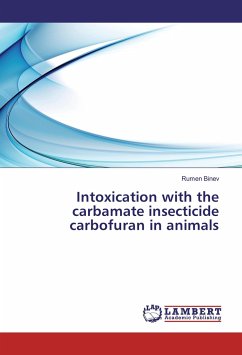Visceral leishmaniasis (VL) or kala-azar(KA) is a disease of the reticuloendothelial system caused by obligate intracellular parasite, Leishmania spp. (L. donovani, L. chagasi, L. infantum). The infective promastigotes invade the macrophages and convert into aflagellar amastigotes that survive and proliferate within the macrophages leading to progressive infection. To ensure its survival within a cell that is armed to kill invaders, Leishmania is known to downregulate macrophage activation leading to suppressed T cell function. The present study was undertaken with the objective to identify such components of Leishmania donovani that have a role in inducing a protective Th1 response. Phosphoproteins of Leishmania donovani were screened to establish their role in host-parasite interaction and ensuing cell-mediated immunity, for a possible impact on several different aspects of the disease.Macrophage and T-cell responses were studied in vitro, followed by a study of immunoprophylactic potential of selected phosphoproteins in in vivo mice model.
Bitte wählen Sie Ihr Anliegen aus.
Rechnungen
Retourenschein anfordern
Bestellstatus
Storno

